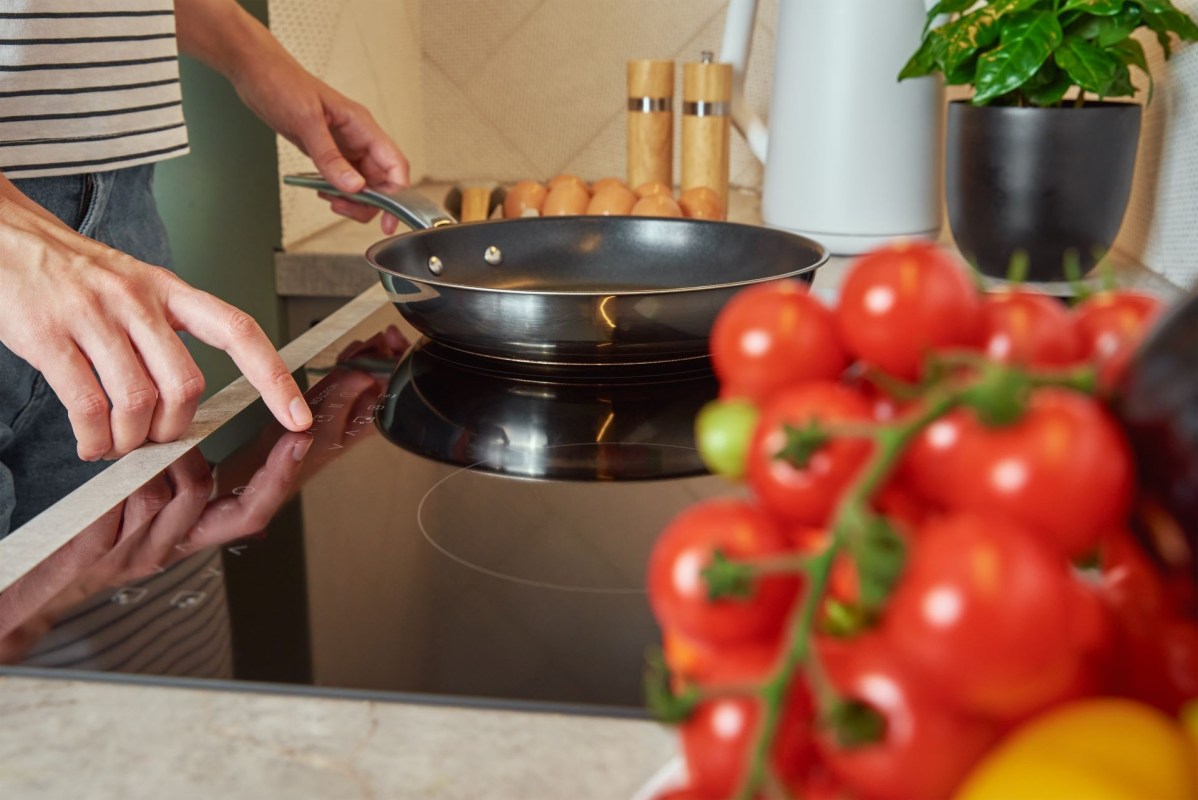As the harmful health impacts of gas stoves become more widely acknowledged, induction stoves are gaining momentum and popularity. Still, it's important to understand their downsides before deciding to make the switch.
The disadvantages of induction cooking
Although induction stoves are becoming increasingly popular as a way to cook food quickly and efficiently, the main disadvantage of induction cooking is the price.
While some inductions cooktops are available for a few hundred bucks, the pricier models can go for thousands. Plus, if you need to switch out your gas stove, it can make it even more expensive.
The cost of an induction stove usually hovers around $2,000 and up, depending on the size and features. But if you just want a portable range, it will cost far less (think: hundreds instead of thousands).
Luckily, the Inflation Reduction Act passed last year provides Americans with some serious cash to make the upgrade. You can get up to $840 back for upgrading to an induction stove plus an additional $500 for swapping out gas and installing induction.
Another potential disadvantage of induction is that it requires special cookware. Induction stoves use electromagnetic energy to heat the cookware, so pots and pans must be made of a ferromagnetic material, like cast iron or stainless steel. This means that cookware made of aluminum, copper, or glass won't work on an induction stove.
Induction cooktops can also be noisy as the electromagnetic energy creates a humming or buzzing sound.
The benefits may outweigh the costs
Despite the downsides, there are many benefits to using an induction stove.
Induction stoves are way more energy efficient than traditional stoves, so they can save you money on your energy bills. They transfer about 90% of the heat directly to your food, while with gas, this number is closer to 40%.
Additionally, they heat up quickly and cook more evenly than traditional stoves.
Many people also like induction stoves because they are easy to clean. The cooktop surface usually doesn't get very hot because the energy goes to the pans rather than the surface. This makes it incredibly easy to wipe down.
But perhaps the biggest benefit of induction stoves is their effect on indoor air quality. Right now, we're seeing how harmful gas stoves are to respiratory health. So it's clearly an upgrade to go for a stove that won't pollute your kitchen or contribute to the overheating of our planet.
Should you get an induction stove?
If you're considering an induction stove, think about your needs and budget. If you're looking for a more energy-efficient, cleaner, and precise way to cook, then an induction stove may be a good choice.
However, if you're on a tight budget and can't afford to invest in special cookware, you may want to see how much money you can get through the Inflation Reduction Act to lower the price before deciding.
And if you're interested in trying out an induction stove before buying, governments, libraries, and even utility companies are piloting programs for people to borrow induction burners to see if buying one is worth it.
Join our free newsletter for easy tips to save more, waste less, and help yourself while helping the planet.









